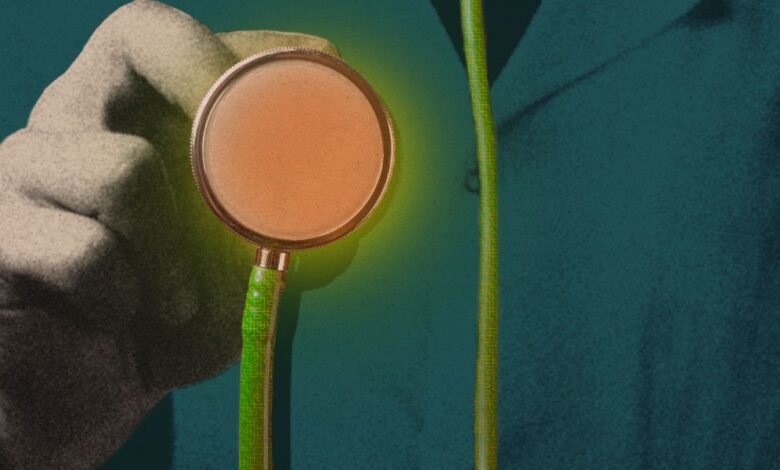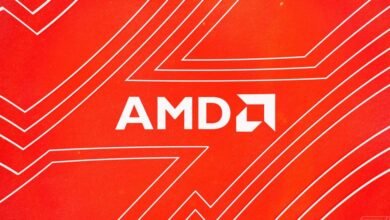AI’s Medical Future & A Fusion Power Breakthrough

▼ Summary
– Trump officials plan to link Tylenol to autism and promote leucovorin as a treatment, despite a large study finding no connection.
– A proposed $100,000 fee for H-1B visas is expected to harm US growth and the tech sector, which relies on skilled foreign workers.
– The European Commission is proposing to eliminate cookie consent banners, which originated from a 2009 law.
– Potential buyers for TikTok shares include the Murdoch family and Michael Dell, according to statements from Trump.
– China is building a mega-cluster of data centers in Wuhu, though many recently built AI data centers currently stand unused.
Navigating the complex intersection of public health and policy, recent announcements from Trump administration officials are poised to create significant discussion. They are expected to announce a potential link between Tylenol and autism, while simultaneously promoting a lesser-known drug, leucovorin, as a possible therapeutic option. Accompanying guidance will reportedly advise women in early pregnancy to use Tylenol only for treating high fevers. This stance appears to contradict the findings of a substantial study conducted last year, which found no such connection.
In a separate policy shift with major economic implications, the administration is proposing a dramatic increase in the cost of H-1B visas for skilled foreign workers, potentially setting the fee at $100,000. Analysts suggest this move could severely hinder growth within the United States, particularly in the technology sector that has long relied on this visa program as a critical talent pipeline. The proposed change has already sent ripples through the industry, with Indian outsourcing firms scrambling to adapt and major tech companies issuing internal memos to reassure their affected employees.
Across the Atlantic, the European Commission is taking aim at a familiar digital nuisance: cookie consent banners. A law from 2009 is credited with the proliferation of these pop-ups, and the EU now seeks to eliminate them, aiming for a cleaner and less intrusive online user experience.
The potential sale of TikTok continues to attract high-profile interest. According to statements from former President Trump, media magnates the Murdoch family and Dell founder Michael Dell are among those considering purchasing shares of the popular social media platform.
China’s ambitious technological strategy is facing a reality check. While the country invested heavily in constructing hundreds of AI data centers to capitalize on the artificial intelligence boom, a significant number now reportedly stand underutilized. This situation unfolds even as a mega-cluster of data centers emerges in the city of Wuhu, highlighting the scale of the nation’s plans.
The tech landscape in Seattle is experiencing turbulence. As the city’s largest employers implement substantial workforce reductions, questions arise about the broader impact on the local economy and the ecosystem of smaller businesses and workers that depend on these corporate giants.
A disturbing report sheds light on a sophisticated criminal operation. Chinese criminal gangs are allegedly trafficking individuals, imprisoning them in compounds along the Myanmar-Thai border, and forcing them to conduct online scams. These victims, often lured by false promises of legitimate work, find themselves coerced into perpetrating romance scams and other fraudulent activities.
Finally, Europe’s aspirations for a competitive reusable rocket industry persist, though progress has been notably slower than anticipated. While the continent is finally showing increased seriousness about commercial rocketry, the sector remains overwhelmingly dominated by Elon Musk’s ventures, whose influence on space technology is described as immense and difficult to overstate.
(Source: Technology Review)





